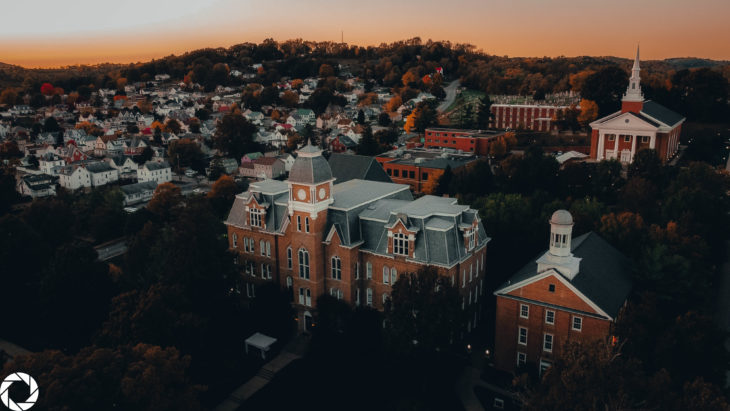 Ben Champ
Ben Champ  Brady's Roadhouse
Brady's RoadhouseNow more than ever you’d have to be living under a rock to be unaware that February is Black History Month. February was chosen to honor Frederick Douglas and Abraham Lincoln’s birthdays. What isn’t more obvious, is what people are supposed to do with that information.
As an Afro-Latina on an overwhelmingly white campus, I sensed not so much an indifference to the month but a hesitation. So, I took to Instagram stories to see if honest responses to a poll would help shed some light. Let’s unpack the numbers.
When asked if Black History Month intimidates them, 89% of respondents said no, whereas 11% said yes. It stands to reason then that the hesitancy associated with engaging in black history is not generally out of fear, so I sought more clarity.
When asked why Black History Month overwhelms them, 77% of respondents said it is because they do not know where to start, whereas 23% of respondents said the topic is too emotional for them. As a black American, I understand how overwhelming the emotions can be when reckoning with the impact of racism on society; however, most may be willing to engage with that information, but because of such a diverse and substantial amount of it, don’t know where to begin.
The questions that interested me most and represent the crux of my decision to provide this data deal with the purpose of Black History Month and the degree of genuineness it is handled with. Every respondent believed there was a purpose to learning black history, but 47% said the added pressure of learning it in a designated month felt performative versus 53% who disagreed.
When asked to choose the primary function of Black History Month, 52% said it was to celebrate black history, whereas 48% said it was to inform and be informed about black history.
So where does that leave an average nonblack American citizen who understands that the formation of this country was largely due to the labor of those of Africana descent and who desires to observe this month in a genuine way? The answer is more simple than you may think.
February is a time to honor black history and reevaluate your posture towards learning and community. It doesn’t have to be a battle of the biggest Kindle cart or the most guilt-heavy conscience. Honoring requires a mix of appreciation and action. Celebration and education.
To be quite frank, Black History Month is for black people.
That doesn’t mean you shouldn’t watch documentaries, understand true history or thank God for the good food and music created by those in the black community. It means to stop centering how you feel, because this is a time for those undermined by most of history to love, enjoy and relish in their personhood.
As Dante Stewart said in his recent post on Black History Month, “Black life is more than resistance. We often reduce Black life to performance or pain. Attention is not given to the complexity or the beauty of Blackness in all our fascinating dimensions, all of our creativity and art, all of our shared stories and meals. Yes, all of life is political, but all living is not in protest.”
